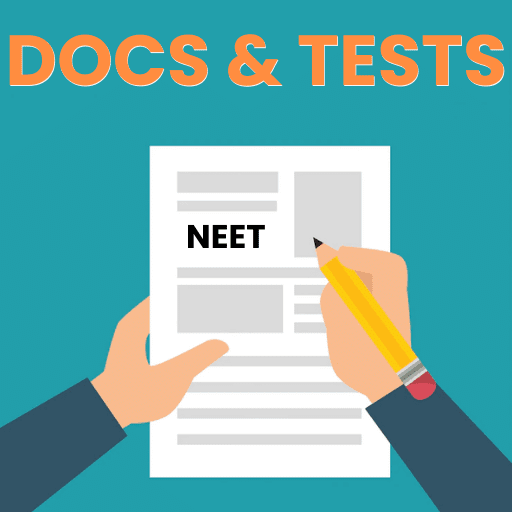Best Study Material for Class 1 Exam
Class 1 Exam > Class 1 Notes > Mathematics for Class 1: NCERT > NCERT Solutions - Money
NCERT Solutions for Class 1 Maths Chapter - 12 Money
Page No 126:
Ques 1:
Make the given amount using different combination of coins.
Ans: 
Page No 127:
Ques 1:
Make the given amount using different combination of coins.
Ans: 
Page No 128:
Ques 1:
Make the given amount using different combination of coins.
Ans: 
The document NCERT Solutions for Class 1 Maths Chapter - 12 Money is a part of the Class 1 Course Mathematics for Class 1: NCERT.
All you need of Class 1 at this link: Class 1
|
25 videos|69 docs|26 tests
|
FAQs on NCERT Solutions for Class 1 Maths Chapter - 12 Money
| 1. What is money and why is it important? |  |
| 2. How is money created in the economy? |  |
Ans. Money is created in the economy through a process called fractional reserve banking. When banks receive deposits from customers, they hold a fraction of the deposits as reserves and lend out the rest. This lending creates new money in the form of loans.
| 3. What are the different forms of money? |  |
Ans. The different forms of money include cash, such as coins and banknotes, and digital money, such as money in bank accounts and electronic payments. Cash is physical money that can be used for immediate transactions, while digital money is stored electronically and can be used for online transactions.
| 4. How does inflation affect the value of money? |  |
Ans. Inflation refers to the increase in the general price level of goods and services over time. When there is inflation, the value of money decreases because it can buy fewer goods and services. This means that the purchasing power of money decreases as inflation rises.
| 5. What is the role of the central bank in regulating money supply? |  |
Ans. The central bank, such as the Reserve Bank of India (RBI), plays a crucial role in regulating the money supply in an economy. It does this through various monetary policy tools, such as adjusting interest rates, open market operations, and reserve requirements for banks. By controlling the money supply, the central bank aims to maintain price stability and promote economic growth.
Related Searches





















